Understanding Investment Loan Options for Brisbane Properties
Property investment remains a cornerstone of wealth building for many Australians, particularly in thriving areas in and around Brisbane. When you're ready to invest in real estate, understanding your investment loan options becomes crucial for long-term success. Whether you're considering your first investment property or expanding an existing investment property portfolio, the right financing strategy can make all the difference.
Investment property loans differ significantly from owner-occupier home loans. Lenders assess these applications with stricter criteria, often requiring higher deposits and charging different interest rates. The good news is that you can access Investment Loan options from banks and lenders across Australia, giving you multiple pathways to secure funding for your property investment strategy.
Types of Investment Properties in Brisbane and surrounding suburbs
The property market offers diverse opportunities for property investors. Your options include:
• Stand alone dwelling - Traditional houses that often provide strong rental yield potential
• Town house - Modern properties that appeal to professional tenants
• Apartment - Units in established or new developments with lower maintenance requirements
Each property type comes with different considerations for loan amount, stamp duty calculations, and ongoing investment returns. Research property options thoroughly before making your selection, as this decision impacts your borrowing capacity and loan structure.
Key Investment Loan Features to Consider
When buying an investment property, several loan features deserve your attention:
Interest Rate Options: You'll choose between variable interest rate and fixed interest rate structures. Variable rates fluctuate with market conditions but often start lower than fixed rates. Fixed rates provide certainty for budgeting your rental property loan repayments over set periods.
Loan to Value Ratio (LVR): Most lenders require a maximum 80% LVR for investment loans to avoid lenders mortgage insurance (LMI). However, some lenders offer higher LVR options if you're willing to pay LMI premiums.
Interest Rate Discounts: Many lenders provide Interest Rate discounts for larger loan amounts or customers with multiple banking products.
The Investment Loan Application Process
Ready to get started?
Book a chat with a Finance & Mortgage Broker at Pavé Financial Solutions today.
Applying for a investment loan requires thorough preparation. The application process typically involves:
- Financial Documentation: Gather recent banks statements, tax returns, and employment verification
- Property Research: Identify your target property and obtain purchase contracts
- Loan Submission: Complete your investment loan application with chosen lenders
- Assessment Period: Lenders evaluate your borrowing capacity and property details
- Approval and Settlement: Finalise loan terms and complete the purchase
Many brokers offer a streamlined application process, handling multiple lender submissions simultaneously to find suitable investment loan options for your circumstances.
Calculating Investment Loan Repayments and Returns
Successful property investment requires understanding your financial position comprehensively. When calculating investment loan repayments, consider:
• Principal and Interest Payments: Your regular loan repayments
• Investment Loan Interest Rate: The cost of borrowing money
• Rental Income: Expected returns from your rental property
• Tax Benefits: Negative gearing opportunities where loan interest exceeds rental income
Financial Considerations for Investors
Buying a rental property involves several costs beyond the purchase price. Stamp duty represents a significant upfront expense, calculated as a percentage of the property value. Additionally, factor in:
• Legal and conveyancing fees
• Building and pest inspections
• Property management costs
• Insurance premiums
• Ongoing maintenance and repairs
These costs impact your overall rental yield calculations and influence which Investment Loan Interest Rate structures work for your investment strategy.
Building Your Investment Property Portfolio
Many successful investors don't stop at their first investment property. As your initial investment gains value and generates rental income, you may consider expanding your investment property portfolio. This growth strategy requires:
• Regular portfolio reviews
• Market analysis for new opportunities
• Refinancing existing loans for improved terms
• Leveraging equity from existing properties
Working with Professional Support
The property market can be complex, particularly when securing financing for investment properties. Mortgage brokers specialise in matching borrowers with appropriate lenders, potentially securing better terms than approaching banks directly. They understand various lender policies, can identify Interest Rate discounts, and guide you through the entire process.
At Pavé Financial Solutions, we understand the market and maintain relationships with numerous lenders across Australia. This allows us to present multiple investment loan options tailored to your specific circumstances and investment goals.
Whether you're purchasing your first rental property or expanding an existing portfolio, professional guidance ensures you make informed decisions about loan structures, Interest rates, and investment strategies.
Call one of our team or book an appointment at a time that works for you to discuss your investment property financing options.




